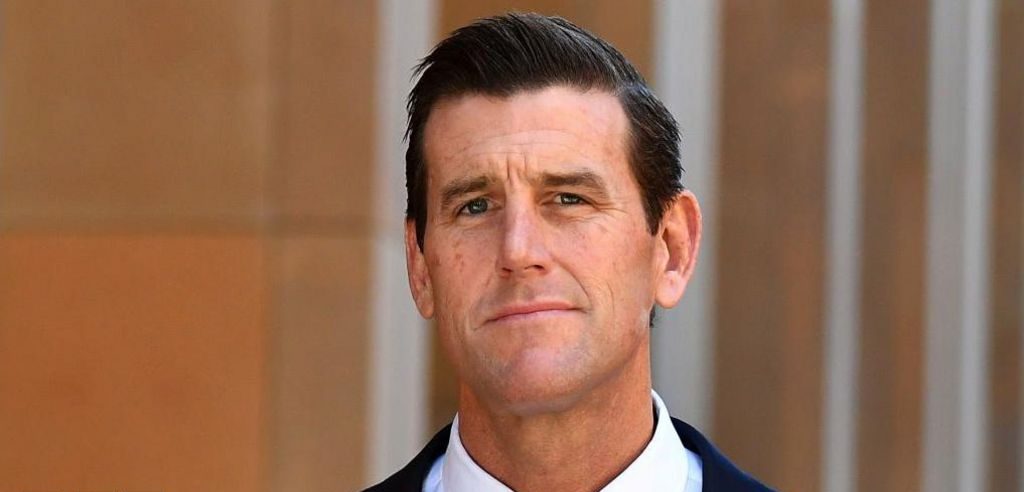- Australia’s High Court has dismissed Ben Roberts-Smith’s final attempt to overturn a defamation ruling that found allegations of war crimes against him to be true.
- The decorated former soldier sued newspapers over reports that he murdered four unarmed Afghans during deployments in Afghanistan.
- The court’s decision ends a seven-year legal saga and cements the ruling that the articles were substantially accurate.
- Roberts-Smith has not faced criminal charges, but his reputation has been irreparably damaged.
- The Australian War Memorial has confirmed further updates to his display.
Australia’s highest court has closed the door on Ben Roberts-Smith’s long-running legal battle, rejecting his final appeal in a defamation case that has gripped the nation for years.
The former SAS soldier, once hailed as a national hero for his service in Afghanistan, had sued three newspapers over reports alleging he was involved in the unlawful killing of four unarmed Afghan civilians. The articles, published in 2018, detailed incidents including the execution of detainees and attempts to cover up the killings.
In 2023, a Federal Court judge ruled that the allegations were substantially true. Roberts-Smith appealed, arguing that the judge had misapplied legal standards and that the evidence was insufficient. That appeal was dismissed in May, and on Thursday, the High Court refused to hear his final bid, effectively ending the case.
The ruling marks the first time an Australian court has assessed claims of war crimes by its own forces. Though Roberts-Smith has not been criminally charged, the civil judgment has had sweeping consequences for his legacy.
The Australian War Memorial in Canberra, which houses his uniform and a plaque commemorating his Victoria Cross, added contextual information about the defamation case after the 2023 ruling. Following the High Court’s decision, the museum confirmed it will make further changes to the display.
Roberts-Smith’s legal campaign, dubbed by some as Australia’s “trial of the century,” is estimated to have cost tens of millions of dollars. Despite his insistence that the killings were lawful or never occurred, the courts found otherwise — and the verdict has reshaped public perception of one of the country’s most decorated soldiers.

